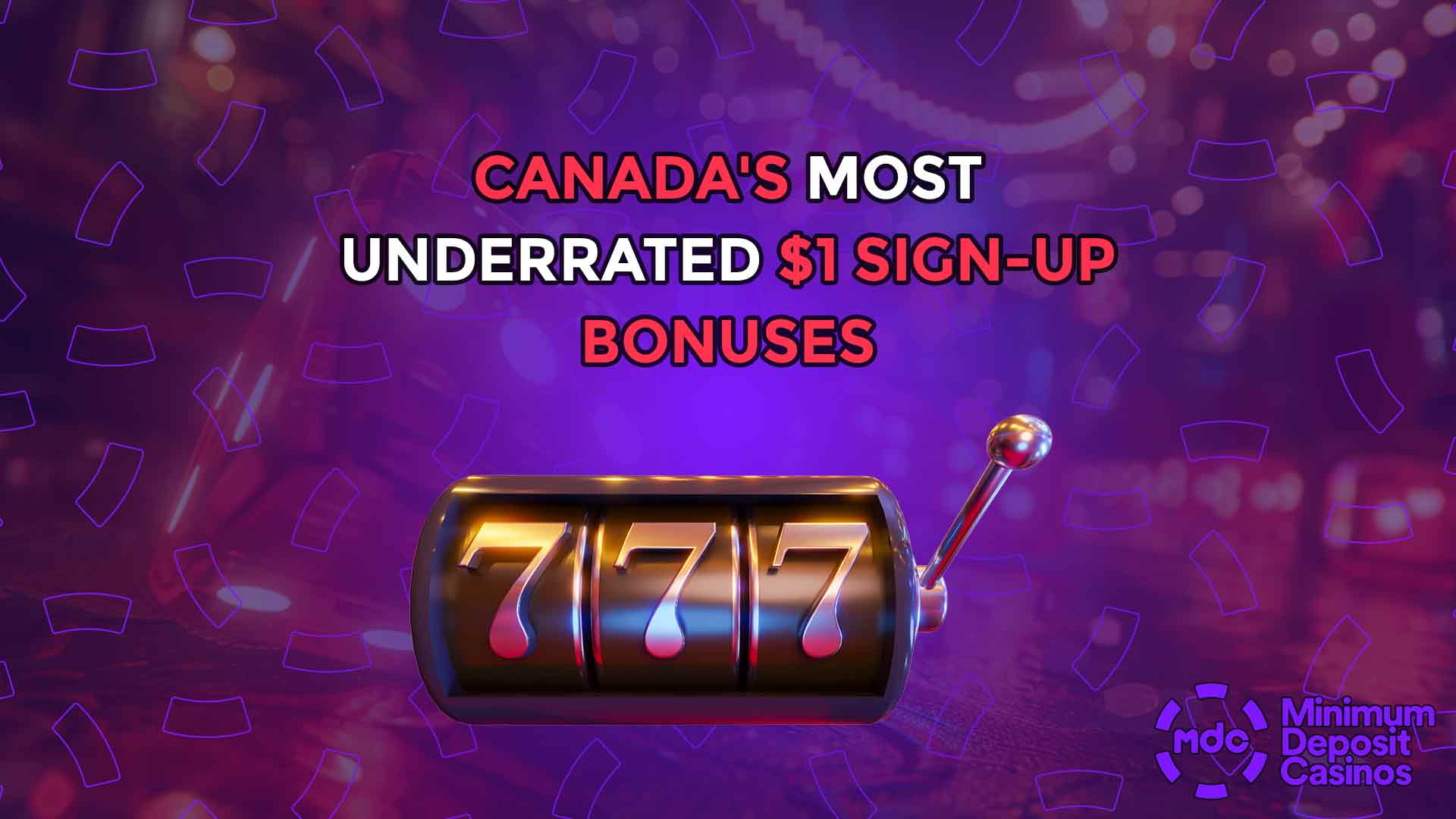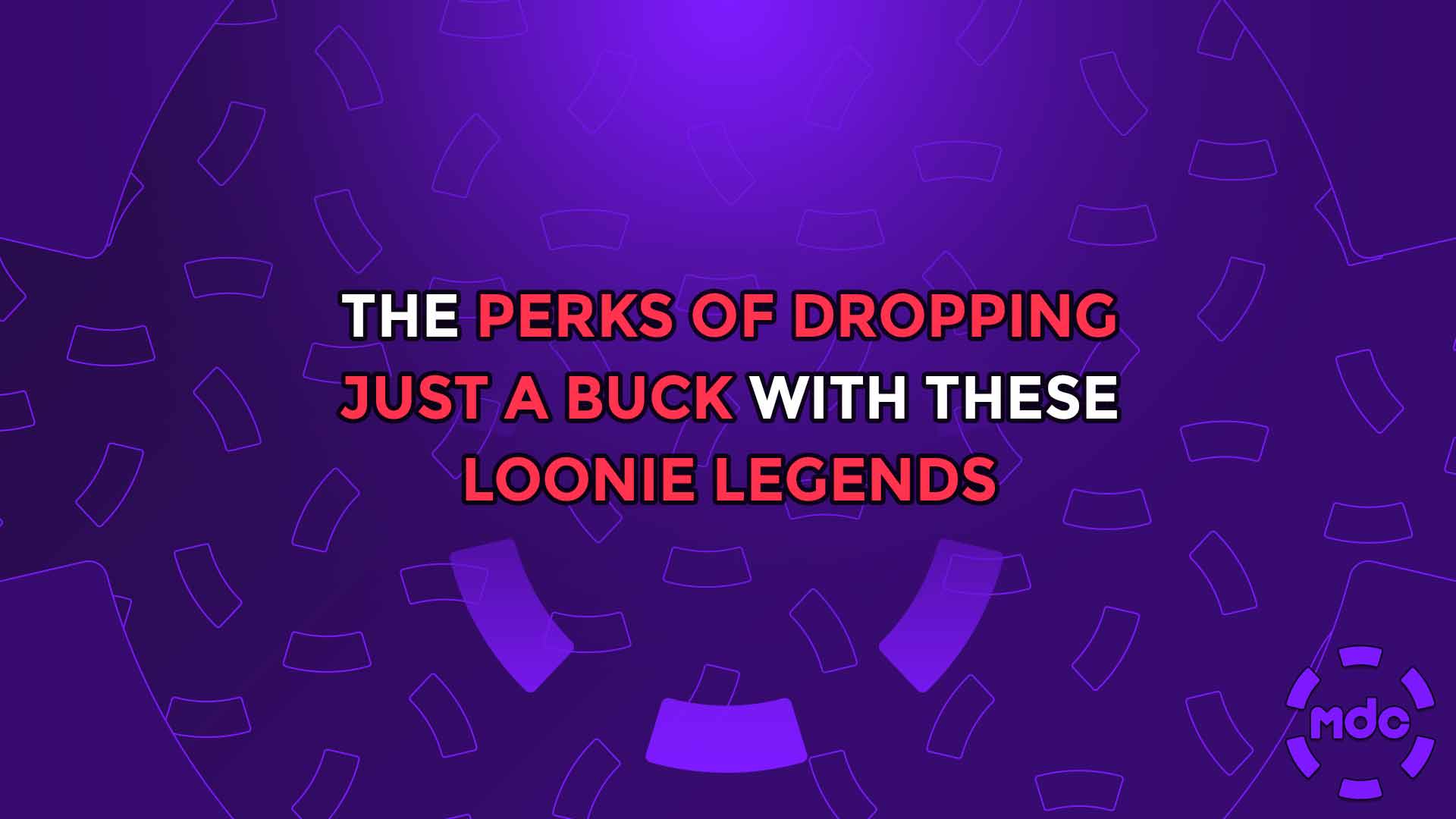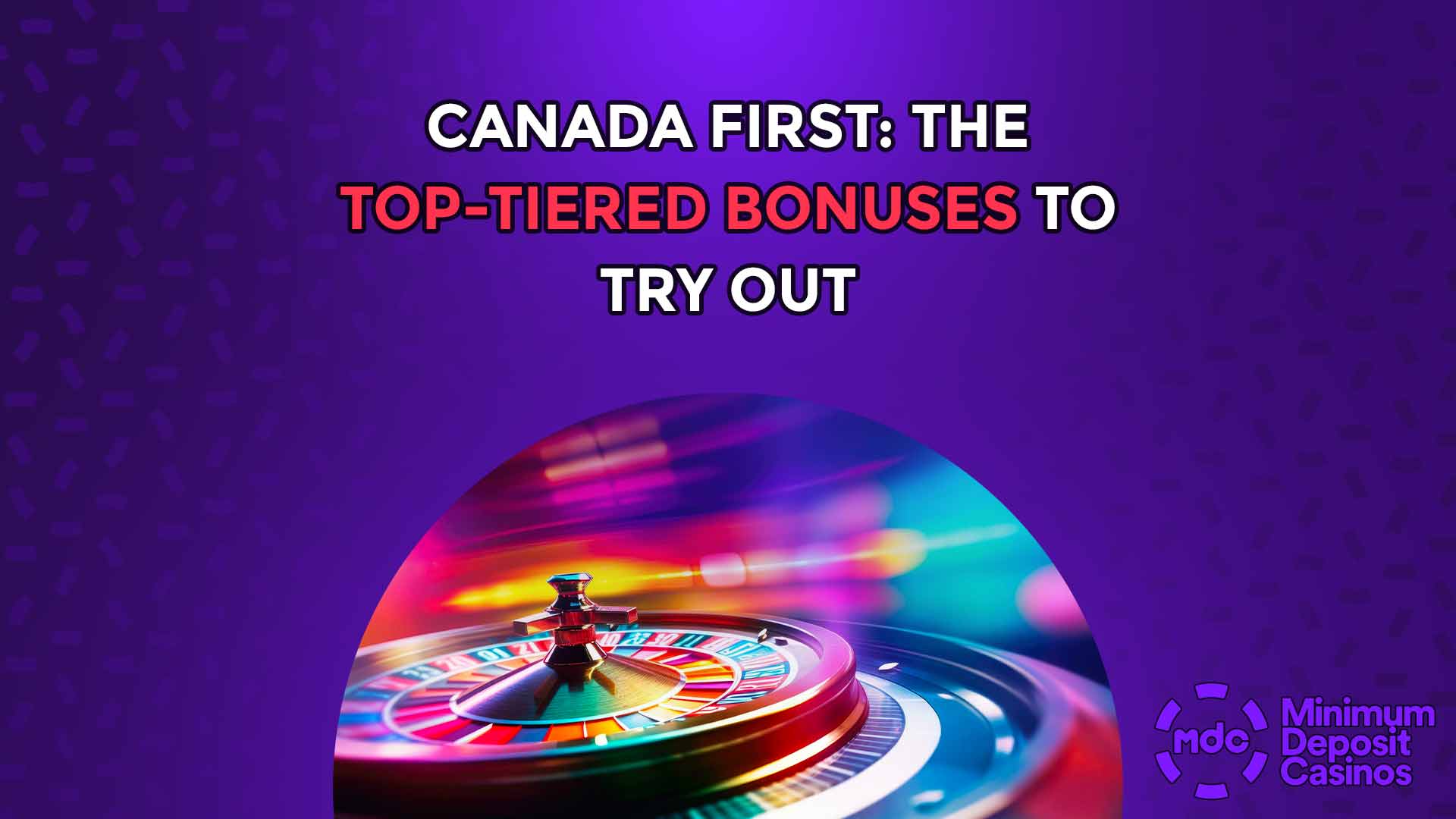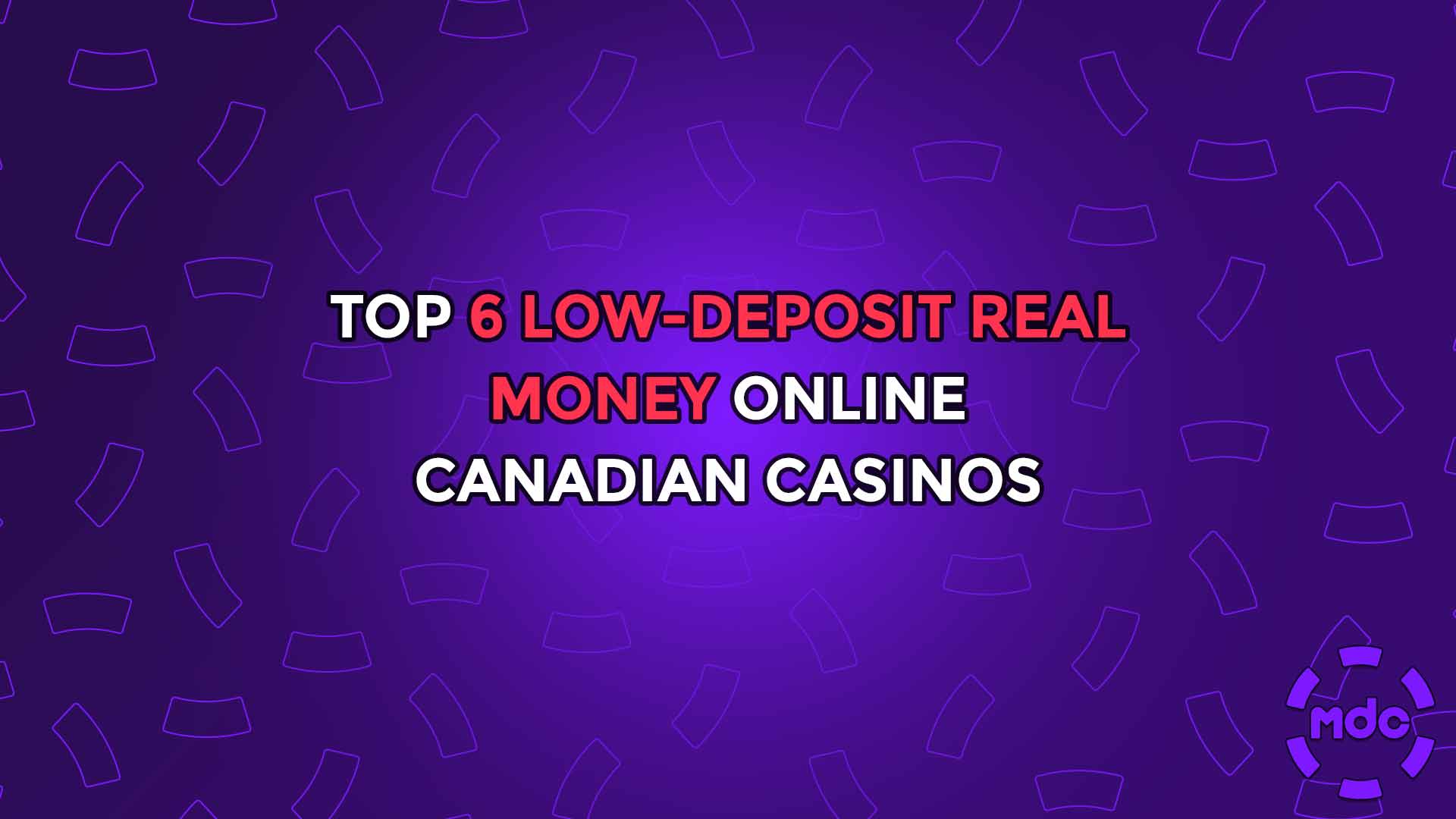
What the Elections in Ontario Mean for Ontarians Gambling Online
As you may already know, Ontario is heading into an election a year ahead of schedule. Doug Ford has called a snap vote for February 27, citing the need for a stronger political position to fight Trump’s proposed 25% tariffs on Canadian goods. If those tariffs go through, Ontario’s economy could take a serious hit.
Expectedly, most of the focus is on trade, jobs, and rising costs, but there’s another billion-dollar industry watching closely: Ontario’s online gambling market. Since April 2022, the province has led Canada in regulated iGaming, allowing private operators to compete alongside government-run platforms. The results have been massive; $22.7 billion wagered and $825.8 million in tax revenue over the third quarter of 2024, not even counting OLG’s cut.
But will the system stay as is? Well, that depends on who wins. A Ford victory likely means business as usual for Ontario’s gambling sector, potentially even expansion and new operators entering the market. On the other hand, a Liberal or NDP win could change things fast. Expect higher taxes on gaming companies, new restrictions on advertising and bonuses, and a bigger push for responsible gambling policies. The Greens? They haven’t been vocal on iGaming, but their stance on corporate responsibility suggests they’d favor tighter ad controls and stricter consumer protections.
For players, this election could mean major changes in how online casinos operate. Will promotions be cut back? Will taxes drive out smaller operators? Or will Ontario’s system remain the most open and competitive in Canada? Let’s break it all down – what’s at stake, who’s proposing what, and how this election could reshape online gambling in Ontario.
Ontario’s Online Gambling Landscape: Where We Stand
For years, online gambling in Ontario was a legal grey zone. Technically, PlayOLG was the only government-approved option, but offshore casinos had already built a huge player base. The problem? These sites operated outside Ontario’s laws, meaning no local protections, no guaranteed payouts, and none of the money staying in the province.
Doug Ford’s government saw an opportunity. Instead of cracking down on offshore gambling (which rarely works), they opted for regulation over restriction. This saw the launching of iGaming Ontario (iGO) to oversee commercial agreements with private operators while leaving licensing and compliance to the Alcohol and Gaming Commission of Ontario (AGCO). This shift didn’t just legalize competition but also brought billions of dollars back under government oversight while giving players a safer, more transparent gambling environment.
Here’s how the Ontario gambling industry currently works in a nutshell:
- Licensing & regulation: Every operator must apply for a license, undergo security and fairness checks, and agree to pay a revenue share to Ontario.
- Consumer protection: The government enforces loss limits, self-exclusion options, and strict advertising guidelines to prevent predatory practices.
- Market competition: More than 80 licensed operators now compete, meaning players get more options, better promotions, and higher standards.
Ontario’s iGaming system is unlike anything else in Canada. While provinces like Quebec, British Columbia, and Alberta run government-controlled gambling sites, Ontario allows private operators to compete in a regulated market. This means players have access to over 80 licensed platforms, including global giants like BetMGM, FanDuel, and DraftKings.
That also means more choice, better bonuses, and stronger consumer protections. And because these operators are licensed by Ontario, you can be sure that:
- Your winnings are guaranteed (no risk of an offshore site vanishing with your money).
- Games are fair and audited (regulated RNG software ensures outcomes are random).
- You have legal recourse if a dispute arises.
Where the Major Political Parties Stand on Online Gambling
Each of Ontario’s four main political parties has a different stance on gambling regulation. While it may not be their biggest campaign issue, their track records and past decisions give us a clear idea of how they might handle the industry if they win.
Progressive Conservative Party led by Doug Ford
The PCs have been the biggest supporters of Ontario’s iGaming model. They launched the regulated private market in 2022, arguing that it would:
- Generate tax revenue from previously unregulated offshore sites.
- Create jobs in Ontario’s gaming and tech sectors.
- Offer safer gambling options with strong oversight.
Since then, Ford’s government has defended Ontario’s private iGaming model, pointing to the big figures in tax revenue and growing consumer protections. If Ford is re-elected, the market is likely to remain the same – or even expand further.
Ontario Liberal Party led by Bonnie Crombie
The Ontario Liberals’ history with gambling is complicated, and at times, damaging. The biggest example? Their 2012 decision to cancel the Slots at Racetracks Program (SARP) under Dalton McGuinty. This single move devastated Ontario’s horse racing industry, wiping out thousands of jobs and leaving long-term economic scars. Later Liberal governments tried to undo some of the damage, but trust in their handling of gambling never fully recovered.
In June 2023, the Liberals took aim at online gambling advertising. Their motion called for tighter restrictions, arguing that the flood of gambling ads was predatory and irresponsible, particularly for young and at-risk players. While nothing changed overnight, this move signaled that a future Liberal government could clamp down on advertising practices – possibly banning certain promotional tactics altogether.
If they take power, expect:
- A crackdown on gambling advertisements – potentially limiting where and how they appear.
- New costs for operators, which could result in fewer promotions or higher margins for the province.
- An increased focus on problem gambling protections, possibly introducing new player restrictions.
The question is: Will these changes improve Ontario’s gambling industry, or will they stifle competition?
Ontario NDP led by Marit Stiles
The NDP has always leaned towards social responsibility in gambling policies. While they did introduce Ontario’s first casino in Windsor (1994, under Bob Rae), their focus today is on consumer protection and problem gambling prevention.
In June 2023, several NPD MPPs joined their Liberal Party counterparts, who pushed for a full ban, saying ads were as dangerous as cigarette marketing. Then in August 2023, they supported banning celebrity endorsements in gambling ads. If they win, get ready for:
- Drastically reduced gambling ads – if not a full ban.
- Lower bonus offers and tighter promotion restrictions.
- Higher costs for operators, which could shrink the market.
Ontario Green Party led by Mike Schreiner
The Greens have not taken a strong stance on gambling, but their overall policy direction suggests they would push for tougher regulations. They generally advocate for:
- Stronger addiction prevention programs.
- Tighter advertising restrictions.
- More corporate accountability in industries with potential public health risks.
While they don’t have a detailed gambling policy, they would likely align with the NDP on increasing restrictions.
Possible Election Outcomes and Their Impact on Online Gambling
Here’s what we can expect based on different election results:
If Doug Ford and the PCs Win
- The current iGaming model remains unchanged or expands further.
- More operators may enter the market.
- No drastic changes to ads or promotions beyond existing AGCO rules.
If the Liberals or NDP Win
- Expect tighter ad regulations – possibly even bans on certain promotions.
- Higher operator licensing fees, making it more expensive for companies to enter Ontario.
- Stronger responsible gambling measures – potential deposit limits, play restrictions, or self-exclusion enforcement.
And finally, in the highly unlikely win for the Greens
- You can look forward to more funding for problem gambling support programs.
- Potential restrictions on how casinos and sportsbooks market to players.
What This Means for Online Gamblers in Ontario
Ontario players have enjoyed one of the most open and competitive online gambling markets in North America since the province introduced its regulated iGaming system in 2022. That might not last. Depending on the election outcome, some major changes could be coming, affecting everything from promotions to taxes and even the number of available operators.
One of the most immediate concerns is the regulations on deposit bonuses and promotions. Right now, players in Ontario benefit from highly competitive welcome offers and ongoing rewards. The PC government has allowed operators to market these freely, but the Liberals and NDP have both pushed for tougher advertising rules. If new restrictions are passed, expect to see limits on how big bonuses can be, tougher restrictions on how promotions are marketed, and potentially even a reduction in cashback rewards or free bet offers.
Another major factor is competition itself. Today, Ontario has accepted over 80 licensed operators, and new ones are still entering the market. If Ford wins, this trend is likely to continue. But if the next government pushes for higher licensing fees or stricter compliance costs, it could force some operators to exit Ontario’s market entirely. Fewer operators mean less competition, which could lead to worse odds, smaller promotions, and fewer choices for players.
Then there’s the big question on taxation. Right now, Ontario doesn’t tax player winnings, but that’s not set in stone. If the next government decides gambling revenue should be taxed more aggressively, it could lead to increased fees on withdrawals, worse odds, or a portion of winnings being taxed – something that would put Ontario more in line with countries like Australia or some European markets.
The bottom line? If the PCs win, expect stability. If the Liberals or NDP take over, expect restrictions that could impact player choice, bonuses, and potentially even the taxation of winnings.
The Future of Gambling in Ontario: Stability or Shake-Up?
Ontario’s private iGaming market has been wildly successful, but the real question is: Can it survive the next wave of political and regulatory scrutiny?
Ontario is the only province in Canada that allows private iGaming operators. Every other province sticks with government-run sites like PlayNow (B.C.), Loto-Québec, and PlayAlberta. So far, no one else has made the leap, but if Ontario’s success continues, it could force a shift.
This is largely because other provinces are still losing millions to offshore gambling sites. Ontario’s model offers a controlled way to regulate, tax, and reinvest that revenue, making it an attractive option for governments looking to recapture lost gambling dollars.
That said, Ontario’s system still needs to prove it can stand the test of time. The next election could be a turning point – either reinforcing the model or pushing it toward major changes.
Despite its financial success, Ontario’s iGaming market remains under huge pressure. Some of the biggest concerns include:
- Unrestrained gambling ads, with calls for bans on celebrity endorsements and aggressive promotions.
- Land-based casino frustrations, as they claim online platforms are eating into their revenues.
- Problem gambling debates, with critics pushing for stricter safeguards.
Fortunately, Ontario isn’t the first to go through this, and if history is any indicator, some level of reform is likely. The current iGaming model is closest to:
- The UK: A market with strict but open regulations, which has helped force operators to comply with tough ad restrictions and responsible gambling measures.
- New Jersey: A competitive U.S. market, but with higher taxes and fees that make it tougher for operators.
- Australia: Another growing market with severe ad restrictions and some of the toughest responsible gambling laws globally.
Right now, Ontario is still figuring out where it lands on this spectrum. If it keeps its open-market model but enforces tougher ad restrictions, it could end up looking like the UK. If new regulations hit too hard, it risks pushing operators away – leading to something closer to Australia’s restricted market.
To sum it up, Ontario’s online gambling industry hangs in the balance. The February 27 election will determine whether the province sticks to its current model or clamps down with new rules. However, one thing is certain: the province’s gambling industry isn’t going anywhere. But depending on who wins in this election, the way it operates could look very different in the years to come. Let’s wait!






